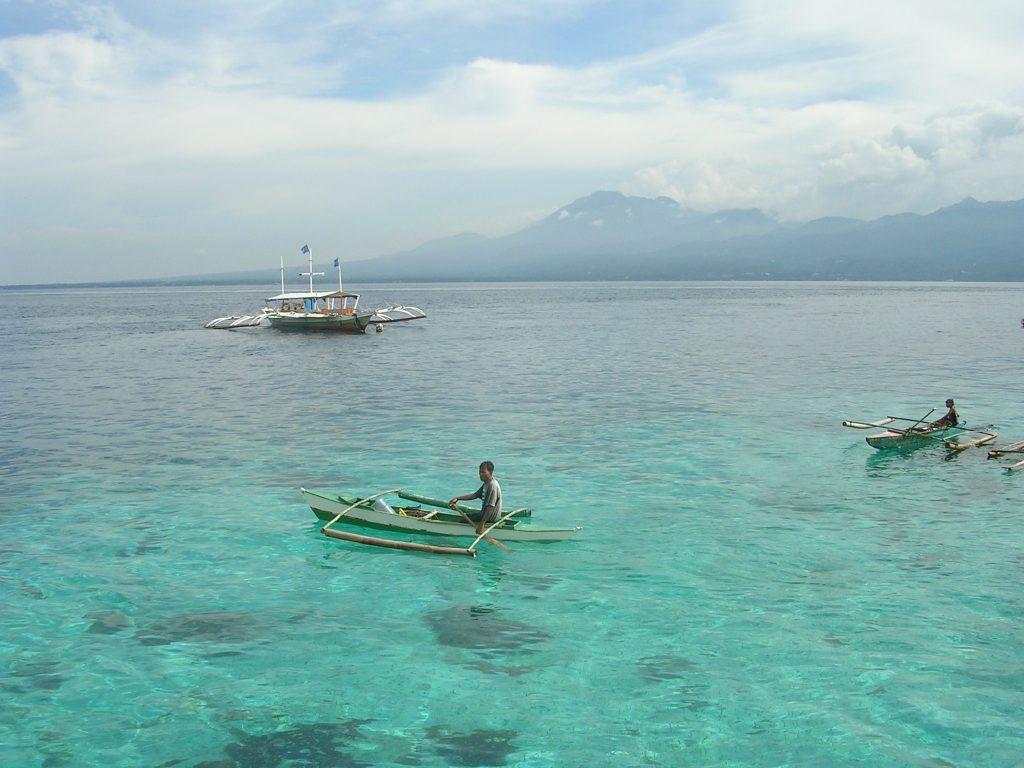
Despite a surge in kidnapping of seamen from vessels in the Sulu-Celebes Sea, joint counter piracy patrols planned by the Philippines, Indonesia and Malaysia have been postponed indefinitely. A planned signing ceremony by the three nations’ defence ministers marking the trilateral security pact failed to go ahead at the Sandakan naval base last month with Philippines Secretary of Defence, Delfin Lorenzana, unable to attend.
In my paper recently published by the Perth USAsia Centre, I argued that many fundamental challenges have to be addressed before the situation in the Sulu-Celebes Sea can be dealt with. And as the neighbours continue to drag their feet, the threat of kidnapping and piracy will continue to threaten regional trade and prosperity.
The world’s witnessed more maritime kidnappings in 2016 than in any year of the previous decade, despite global piracy rates decreasing since the late 1990s. Last year around 50 sailors, mostly from Indonesia and Malaysia, were kidnapped. The revitalisation of regional anti-piracy diplomatic efforts began early last year following a string of kidnappings in the Sulu-Celebes Sea. Unsurprisingly, Indonesia’s Coordinating Minister for Maritime Affairs, Luhut Pandjaitan, warned that the area could become a ‘new Somalia’.
Maritime piracy and kidnapping in the Sulu-Celebes Sea threaten regional trade and stability. More than US$40 billion worth of freight sails through the area every year. In recent months, pirates there have targeted larger vessels such as the bulk carrier MV Giang Hai in February. Six crew were kidnapped and one was killed. The pirates’ increasingly brazen attempts to target bigger ships is a novel tactic. Traditionally they’ve hit smaller vessels. Development of a comprehensive regional approach is more important than ever.
The Philippines Abu Sayyaf group has been responsible for most maritime kidnappings since March 2016. In the past year, it’s generated roughly US$7.3 million in ransoms and there are no signs of it slowing down. It’s important to note that Abu Sayyaf originally evolved as an Islamist organisation founded by Abdurajak Janjalani to establish an independent Islamic state in the southern Philippines. The death of its leader, Janjalani, and the intensifying pressure of the US involvement in the southern Philippines after 9/11 splintered the Abu Sayyaf group. Since then it’s operated as a decentralised network of militant factions fluctuating between terrorism and criminality.
The southern islands of Mindanao, Basilan, Jolo and Tawi-Tawi have served as strategic platforms for attacks in the Sulu-Celebes Sea and the peace and prosperity of the southern Philippines depends on countering piracy and kidnapping.
The Duterte administration has continued to wage war on the Abu Sayyaf. In January, its troops severely injured Isnilon Hapilon, an Abu Sayyaf commander recognised by the Islamic State group (IS) as Southeast Asia’s ‘Emir’. The recent clash on 12 April between the military and the Abu Sayyaf in Bohol also resulted in the death of an Abu Sayyaf commander, Abu Rami, who was allegedly responsible for the beheading of two Canadians and a German hostage. Many Abu Sayyaf militants have also surrendered, and there are indications that a senior leader, Radulan Sahiron, intends to surrender due to his old age.
The military pressure of the Duterte administration has resulted in short-term gains but the security landscape in the south continues to deteriorate, largely due to the existing local terror groups pledging allegiance to IS and the potential return of foreign fighters spurred by the collapse of its caliphate in the Middle East. Although the Duterte administration’s engaged in parallel peace negotiations, the prospects for peace remain uncertain. This is exacerbated by the international condemnation of Duterte for his controversial war on drugs and the threat of potential impeachment before the end of his six-year term.
The situation in the southern Philippines continues to overshadow the nation’s future and a fundamental challenge is the limited capability of the navy and the coast guard to deal with these non-traditional security threats. The ambiguity surrounding the Philippines’ territorial claims to Sabah may also damage future Philippines-Malaysian relations and hamper efforts to cooperate on piracy and kidnapping.
The indefinite postponement of joint maritime patrols in the Sulu-Celebes Sea alongside other fundamental challenges that will require diplomatic finesse and political capital to resolve suggest piracy and kidnapping will continue to threaten the security of maritime trade in the region.